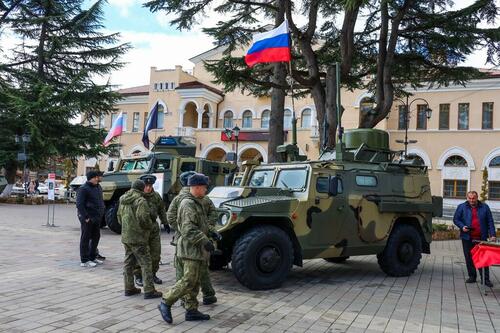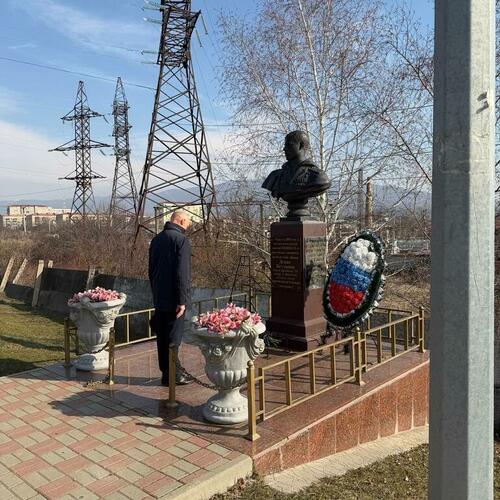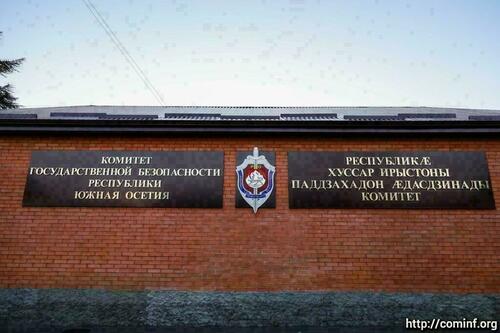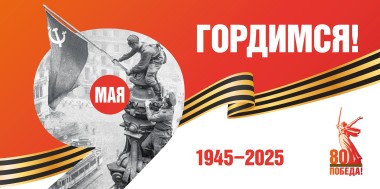The head of the official representative office of South Ossetia in Transnistria, Vitaly Yankovsky, took part in the international scientific and practical conference "Transnistrian statehood: History and Modernity".
The event was dedicated to the 35th anniversary of the formation of the PMR, the press service of the representative office reports.
The event was organized by Ministry of Foreign Affairs of the PMR and the T. G. Shevchenko Pridnestrovian State University.
"The conference discussed the origins of the formation of Transnistria, the current situation of the Republic and the prospects for its further development in the context of changing international and regional situation," the press service has noted.
In his greeting to the participants of the International Forum, Vitaly Yankovsky noted that the conference would undoubtedly make a significant contribution to understanding the deep processes of the formation of the Pridnestrovian statehood.
"Over the past time, the republic has gone through difficult path of formation and development," he said. "Today, the Pridnestrovian Moldavian Republic is the independent, legal state developing on the principles of democracy, justice and social solidarity; it is a country in which each of its citizens has the opportunity to build a happy life."
Yankovsky has added that in South Ossetia, which in September also celebrates the 35th anniversary of its statehood, friendship with the freedom-loving Pridnestrovian people is highly valued.
"Contacts between South Ossetia and Pridnestrovie, based on common historical destinies, mutual respect and mutual assistance, have been developing for the benefit of the peoples of both countries for more than 30 years.
At the same time, the republics have all the necessary tools for the further development of friendly relations,” he noted.
In conclusion, Vitaly Yankovsky wished the conference participants fruitful work and expressed confidence that this scientific and practical conference would serve as a comprehensive discussion of current theoretical and practical issues, including in the field of international relations, and would create incentives for further fruitful work of the government institutions and the scientific community.








